November 8, 2015
Granada (POP 240,000, ALT 740m) is much more than the Alhambra, the most renowned buildings of Islamic Andalusia. We spent a week staying in El Albayzín, the World Heritage former Arab quarter with its maze of narrow winding streets on the hill opposite the Alhambra.
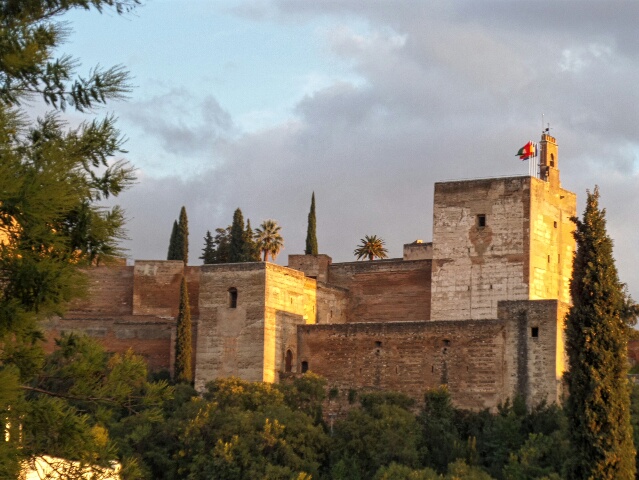
Alhambra from our apartment in El Albayzín
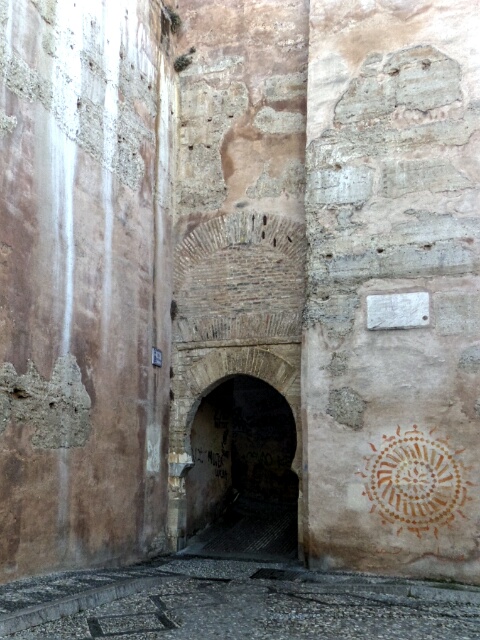
New Gate of the Weights - illegal butchers weights were displayed here
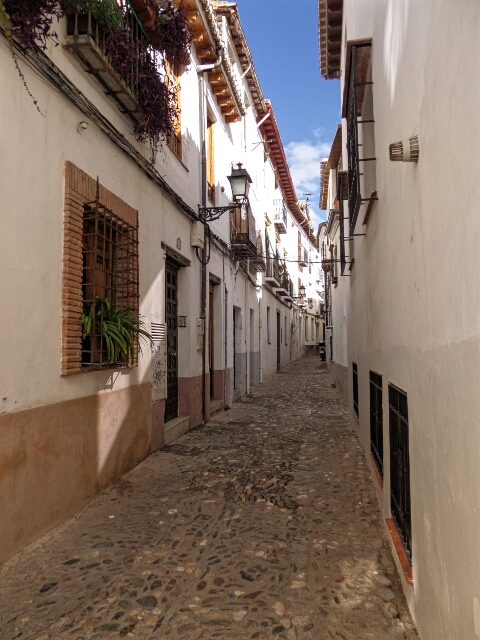
Street in El Albayzín
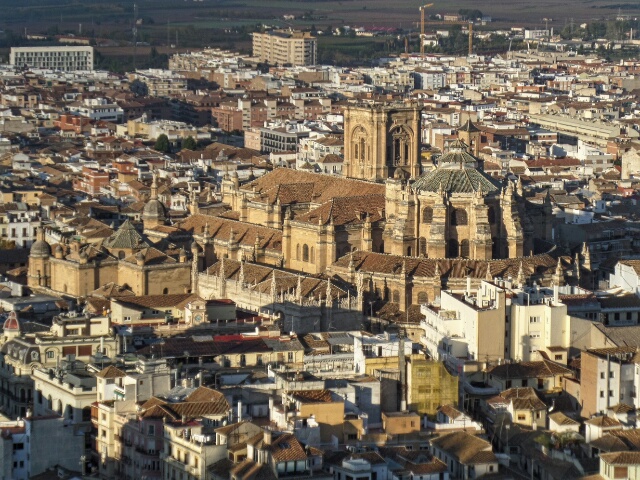
Cathedral of Granada, 16th century built on top the city's main mosque
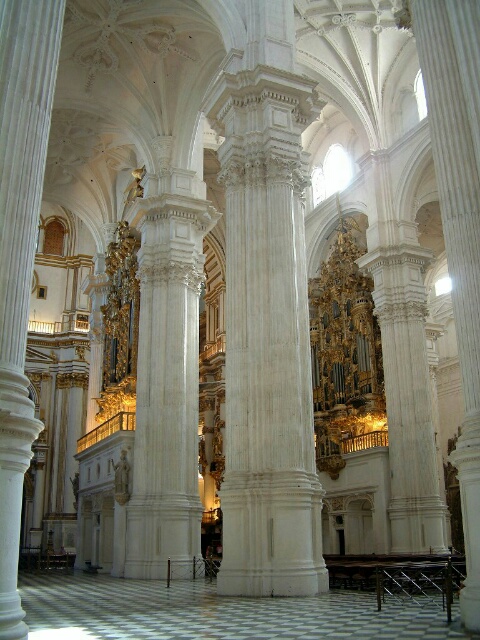
Inside the Cathedral
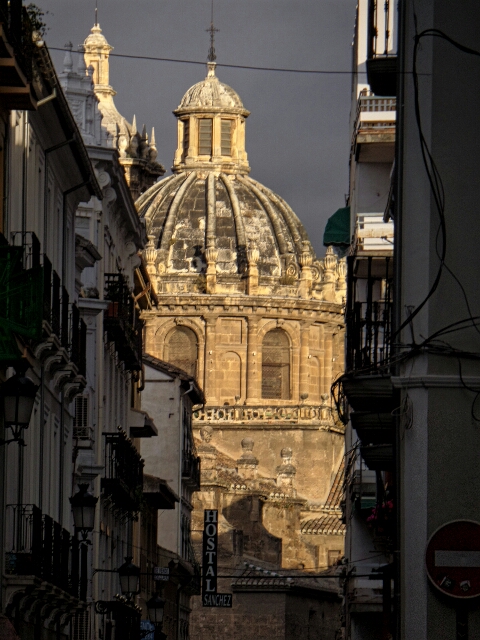
Parroquia De San Justo Y Pastor, 16th century
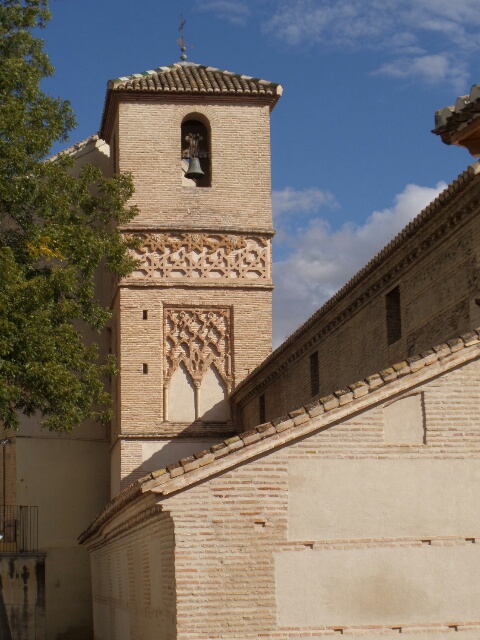
Mudéjar Tower of San Juan de los Reyes
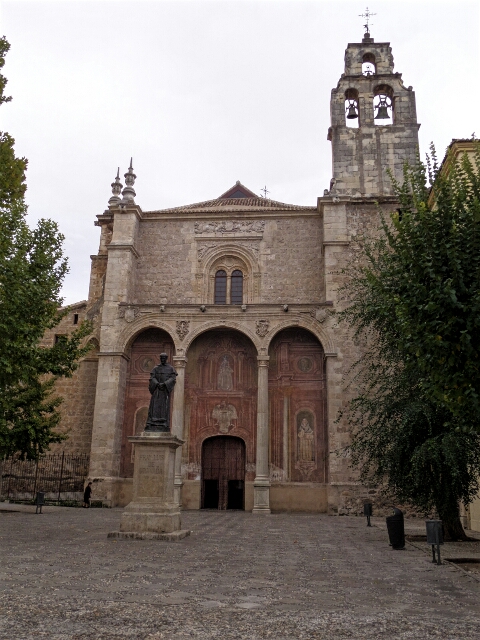
Santo Domingo Church, 1512-1532
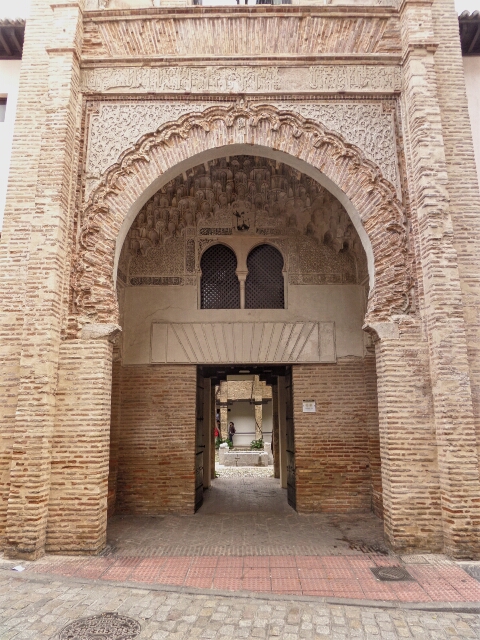
Corral de Carbón, 14th century - oldest monument left by the Arabs ...
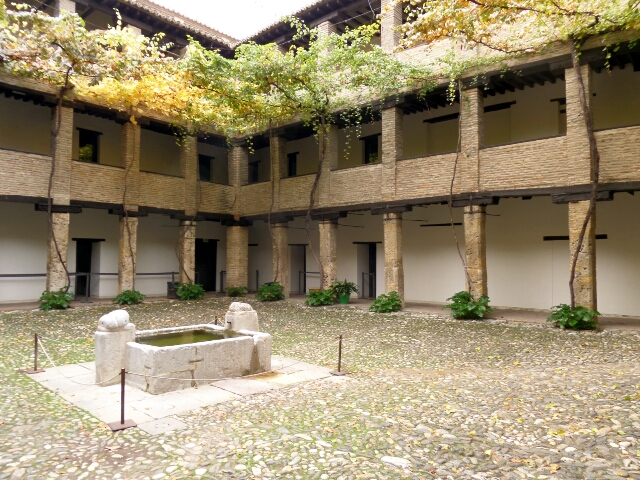
... was an inn for merchants in transit and a wholesale market
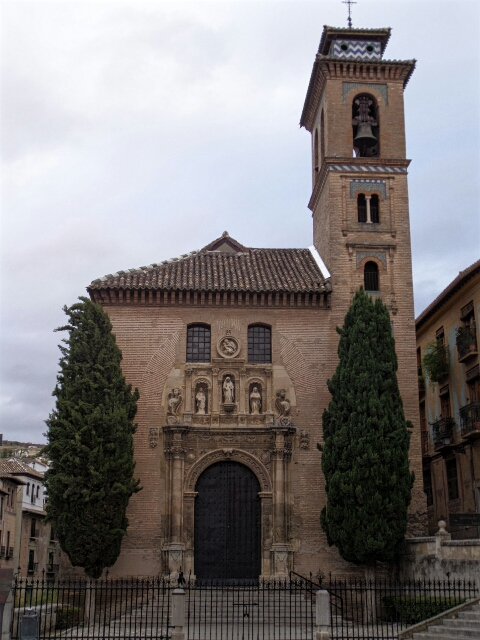
Santa Ana, 16th century
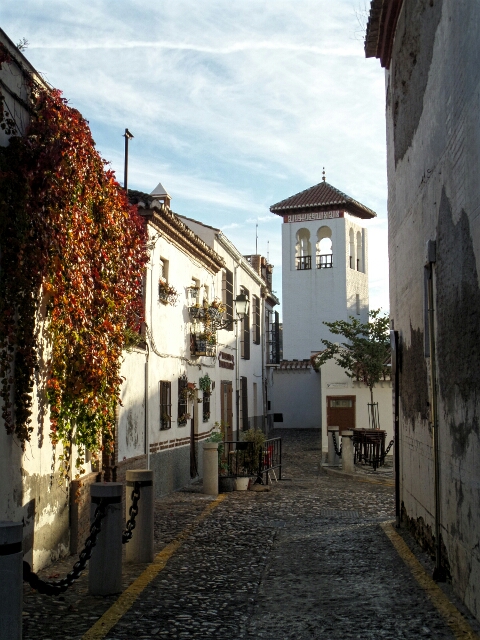
Minaret of a still functioning Mosque
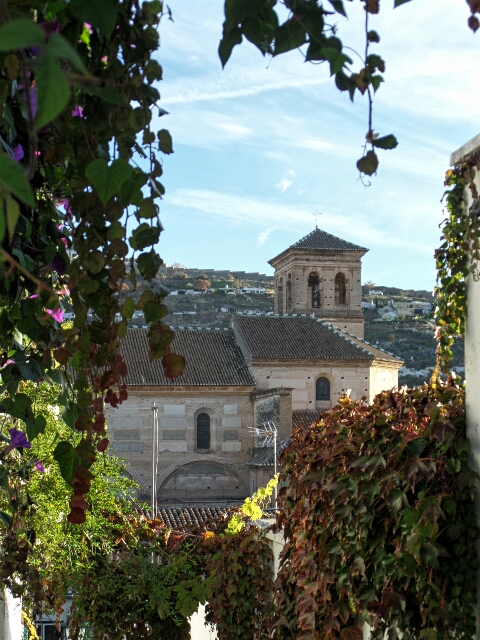
Church of the Savior was the 13th century Mosque of the Albayzín
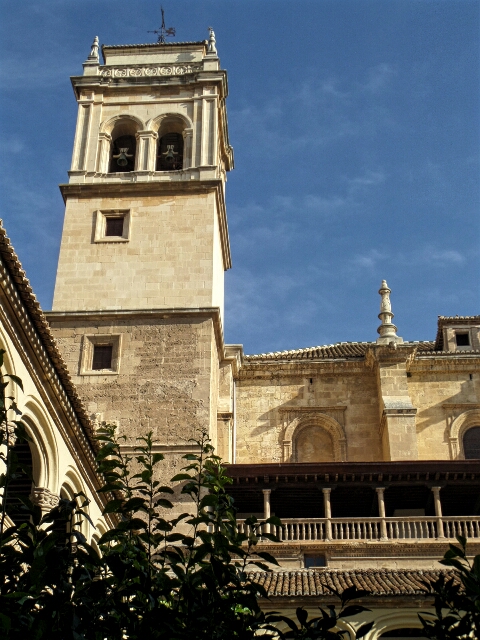
Monastery of St. Jerome, Renaissance style, 1504
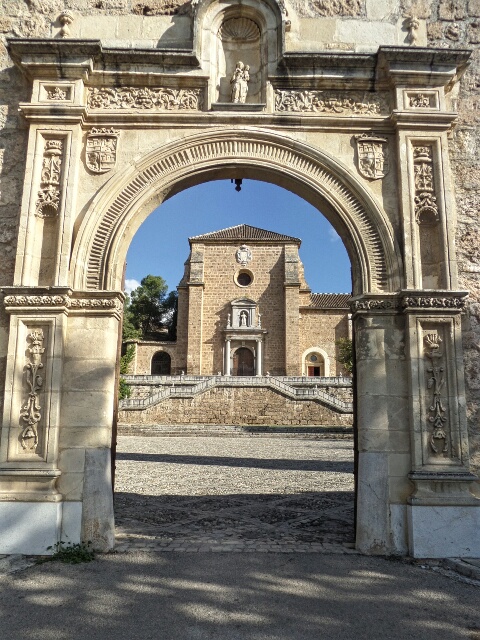
Carthusian Monastery of Granada - began 1506, took 300 years to complete
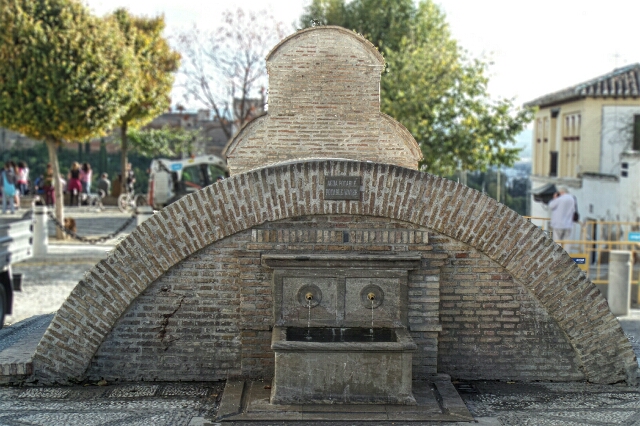
El Albayzín - functioning Mudéjar water well
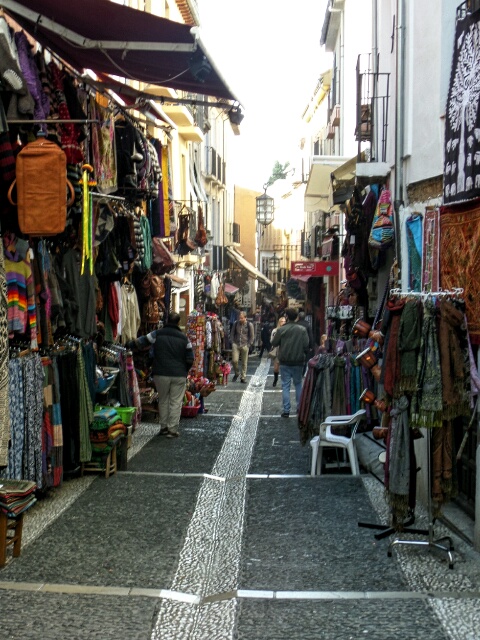
Little Morocco in El Albayzín ...
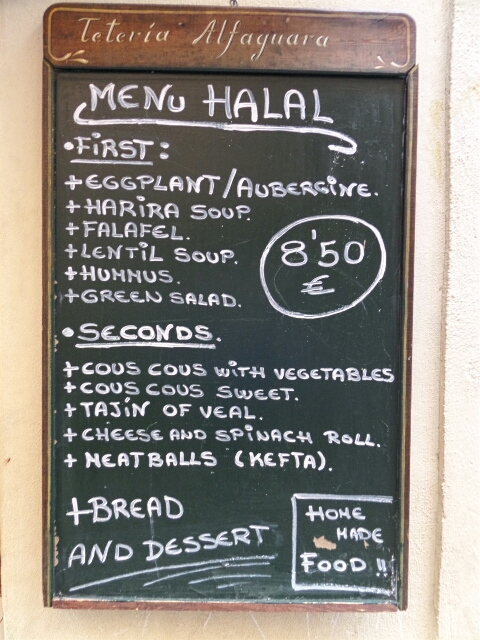
... where we enjoyed the menu of the day
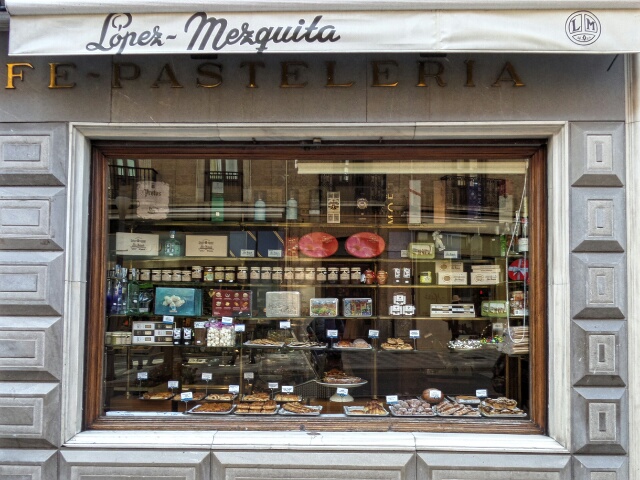
Could never walk by without trying - Pastelería López-Mezquita founded 1862
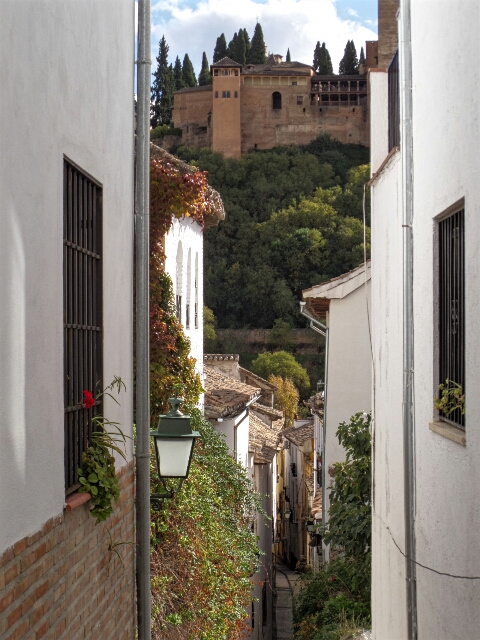
Narrow street leading from El Albayzín to the Alhambra ...
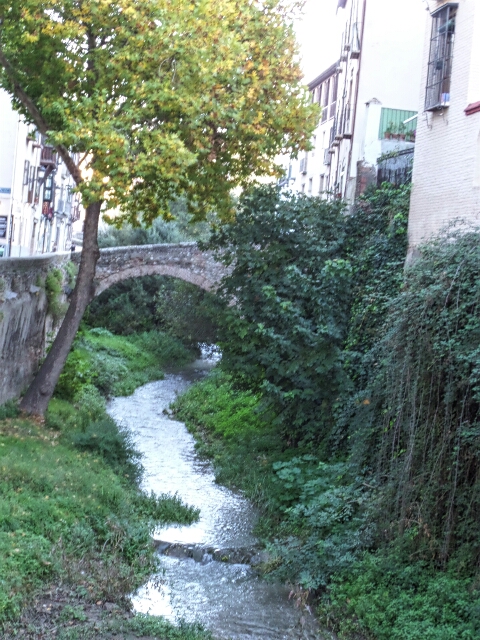
... across a 16th century bridge
The Alhambra was an “alcazaba” (fortress), an “alcázar” (palace) and a small “medina” (city), all in one. Expanded by the Moors in the 13th-15th centuries, modified by Christian rulers before falling into disrepair in the 19th century, the Alhambra is now protected and preserved as an UNESCO World Heritages site.
Moorish poets described the Alhambra as “a pearl set in emeralds” and there is something magical about it but with 2.5 million selfie snapping visitors a year, perhaps these days it’s best appreciated from afar.
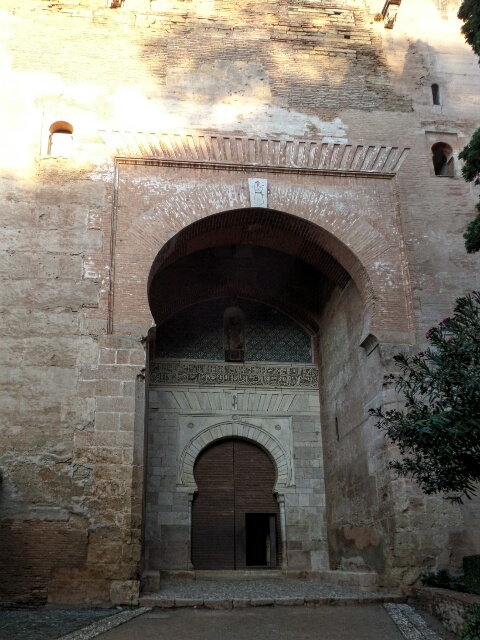
We entered via the Justice Gate, built 1333-1353
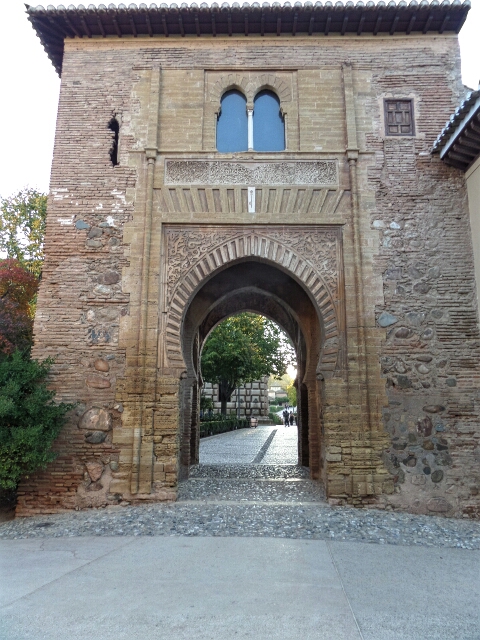
Wine Gate - after the Reconquest wine left outside was not taxed
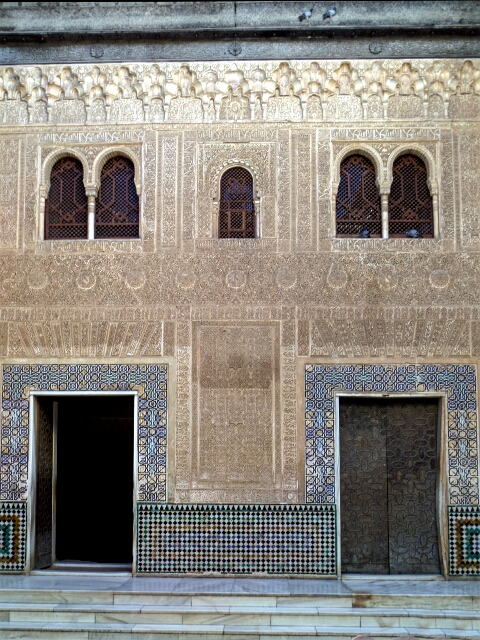
Inside the Moorish Royal Palace
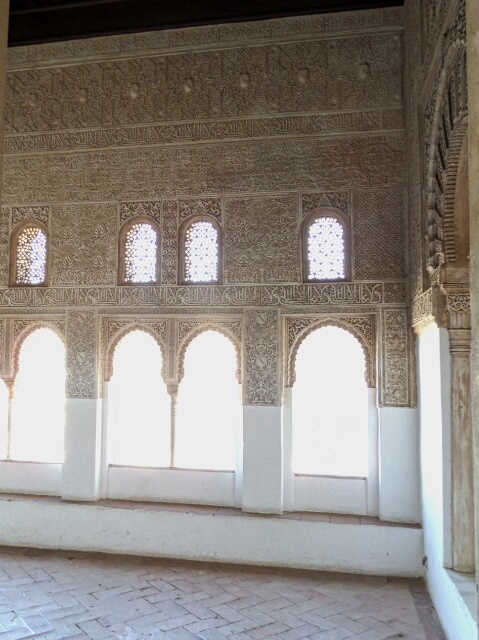
One of the Palace rooms
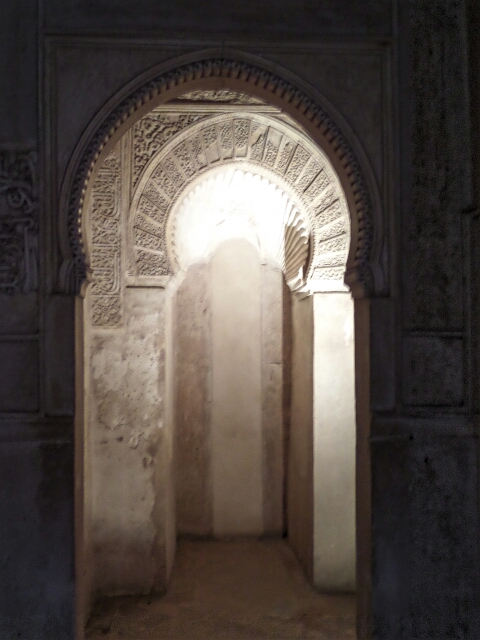
Multiple arches lead from one room to another
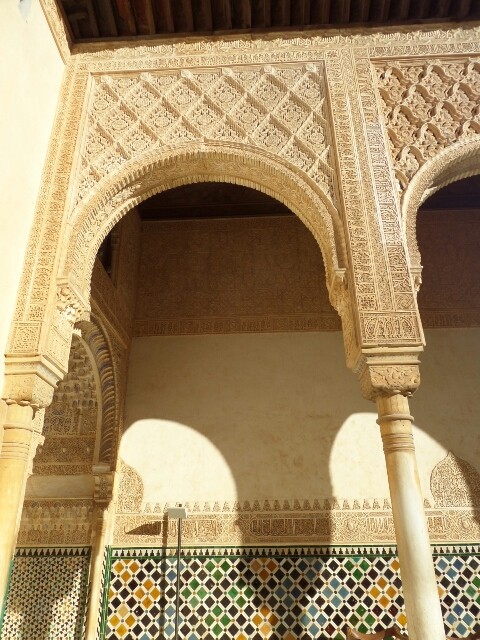
Light and shade in the Palace
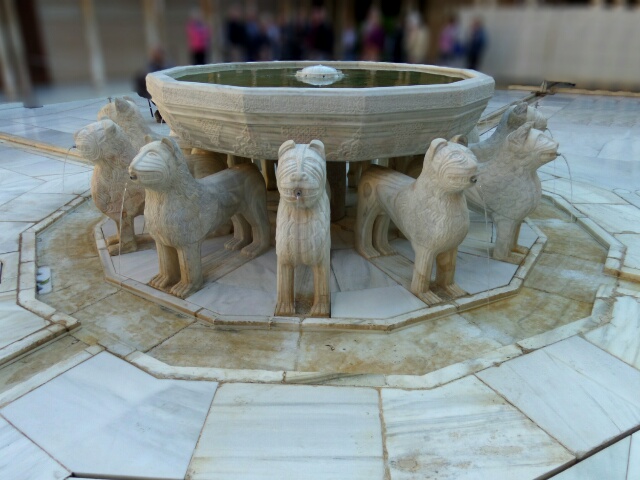
Twelve marble lions throw jets of water
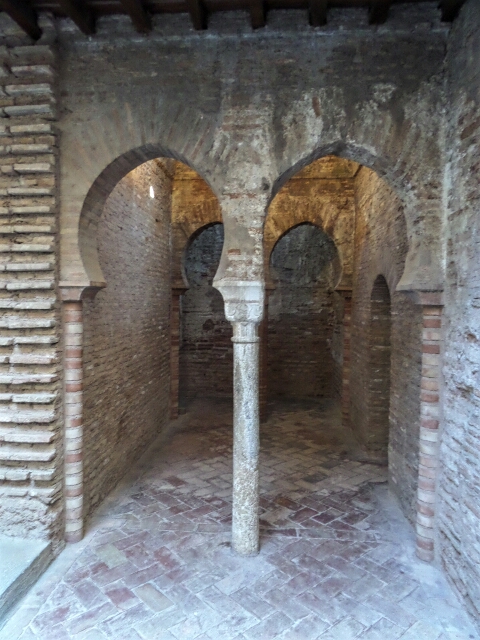
Entrance to the Arab baths (Christian kings banned bathing)
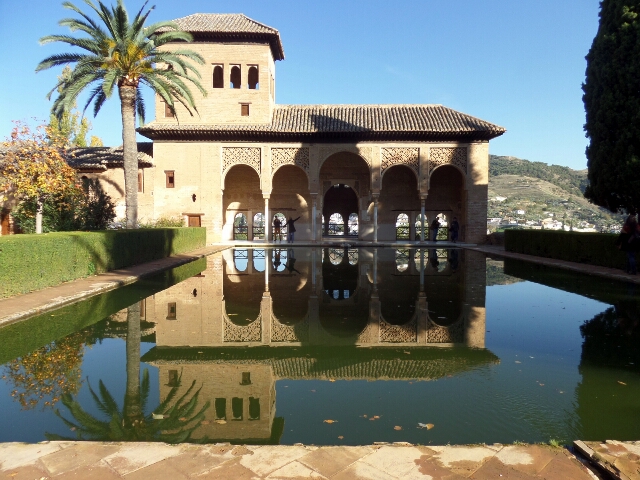
Partal Gardens
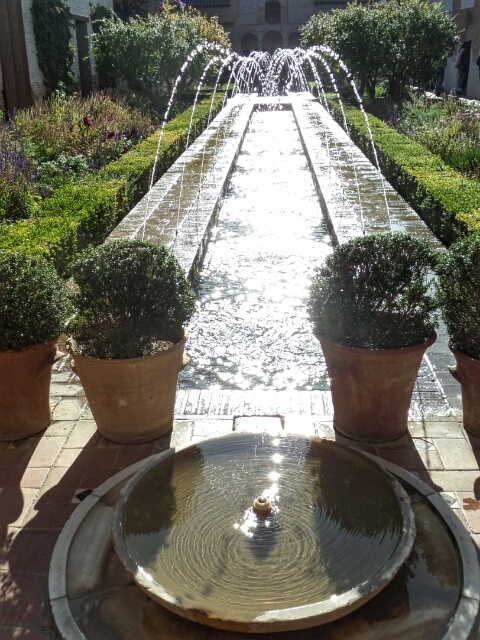
Water garden in the Generalife, summer palace of the Moorish kings
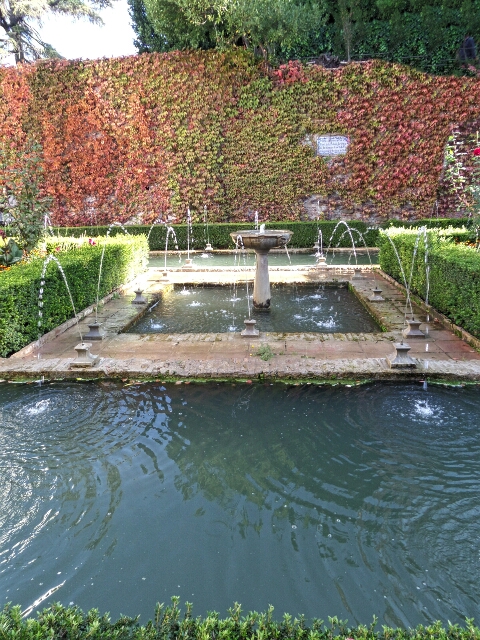
Water feature of the Generalife
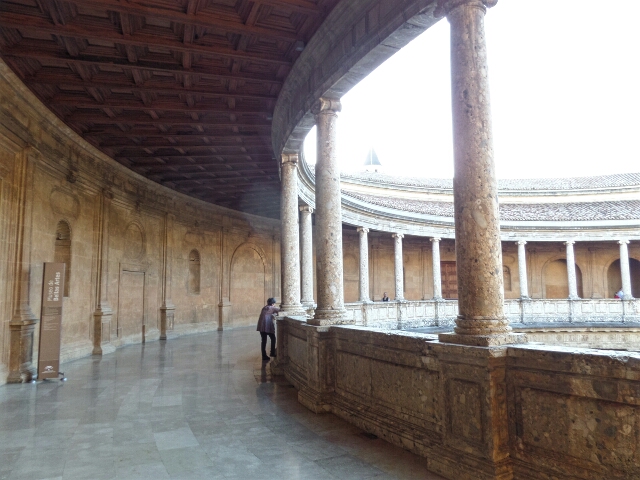
Palace of Spanish King Charles 5, avant-garde for 1527 (after the Reconquest)
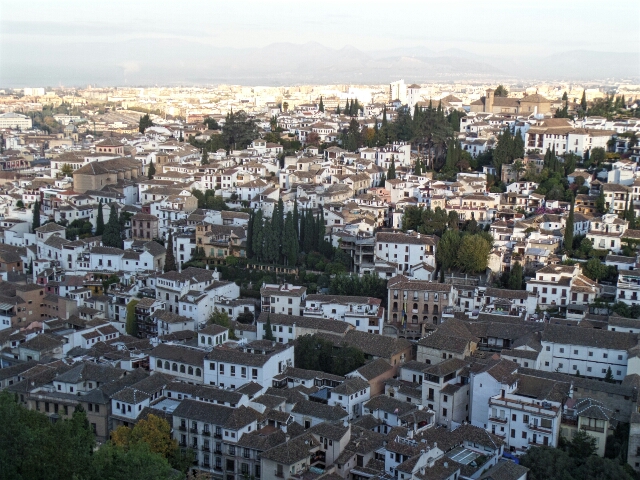
Looking down at Granada from the Alhambra
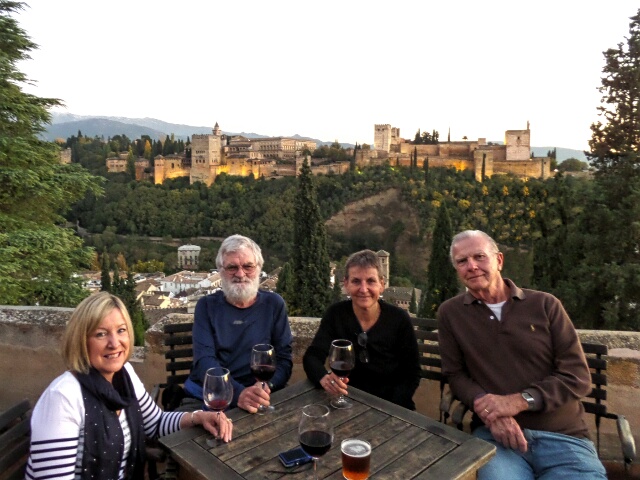
A great night out in Grenada with Evelyn and Steve



































